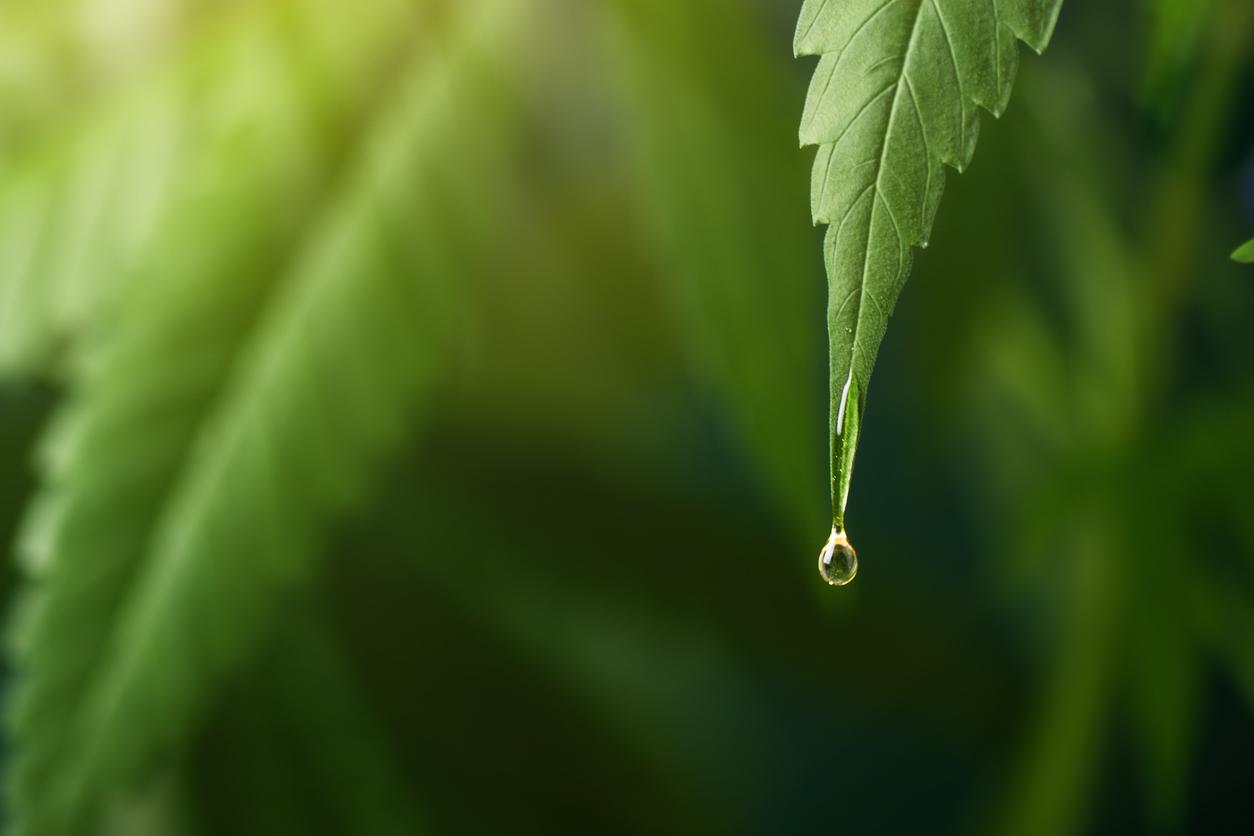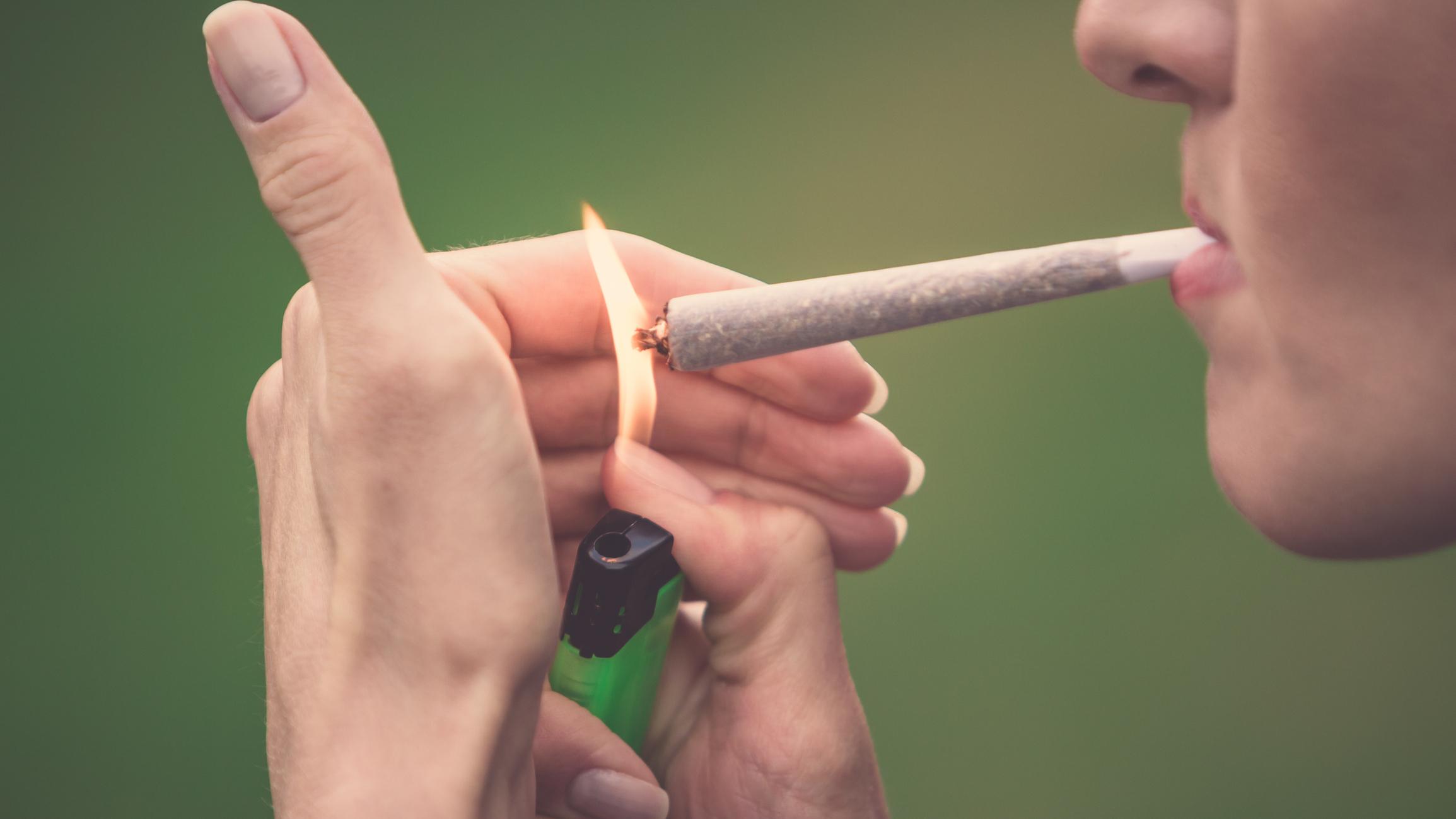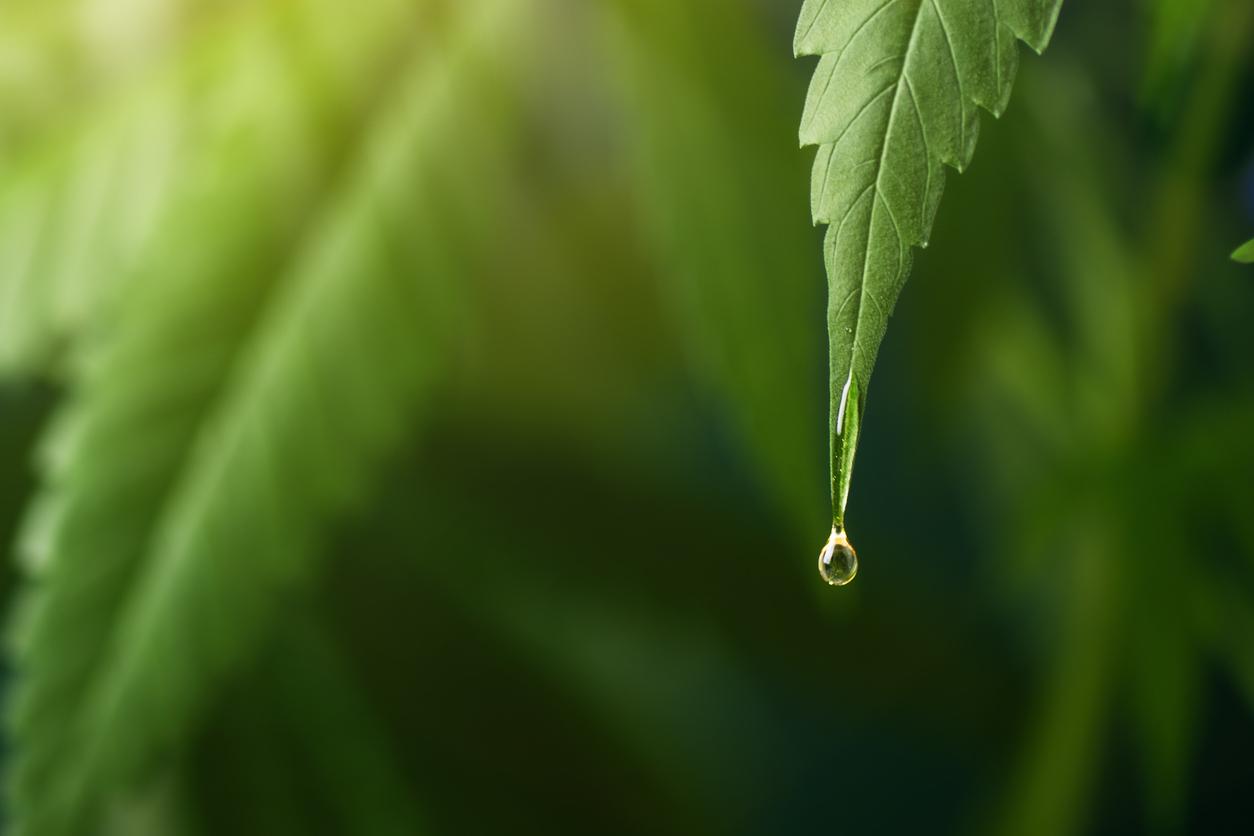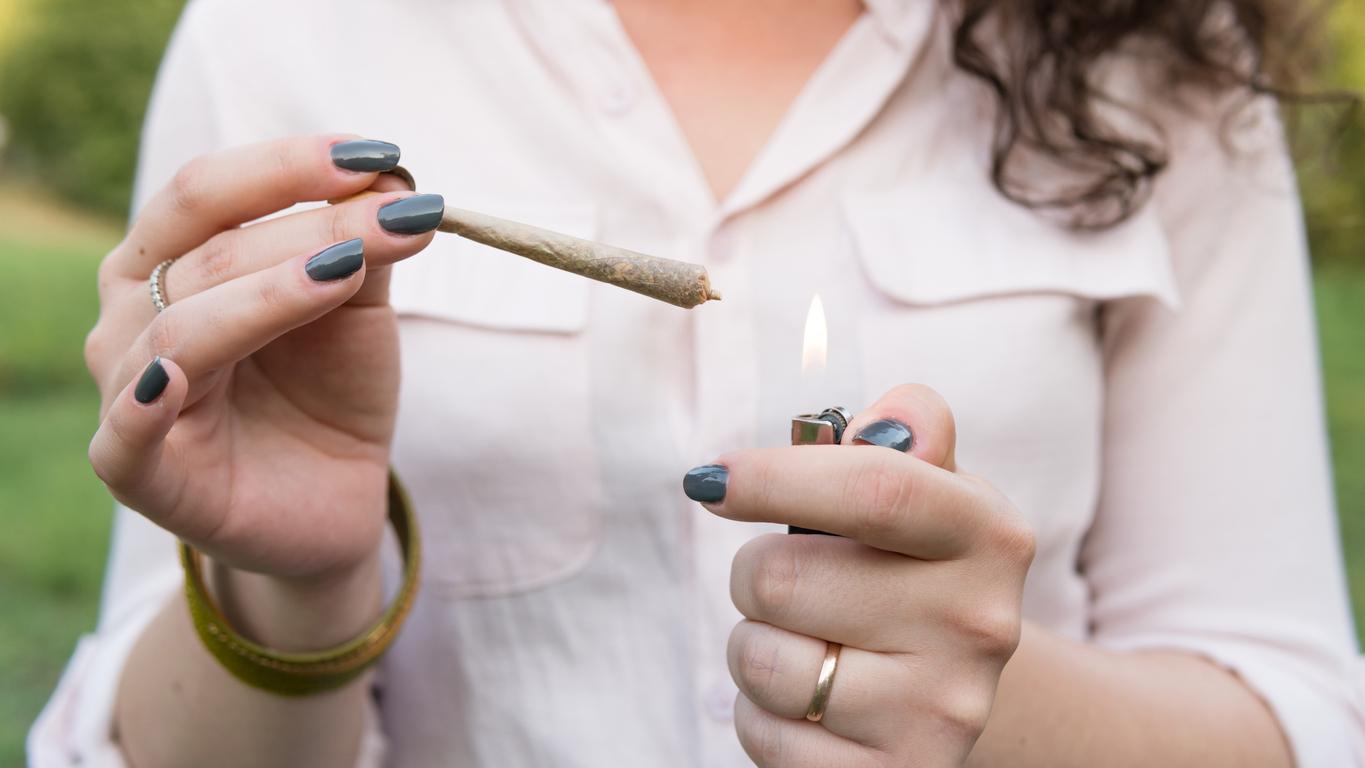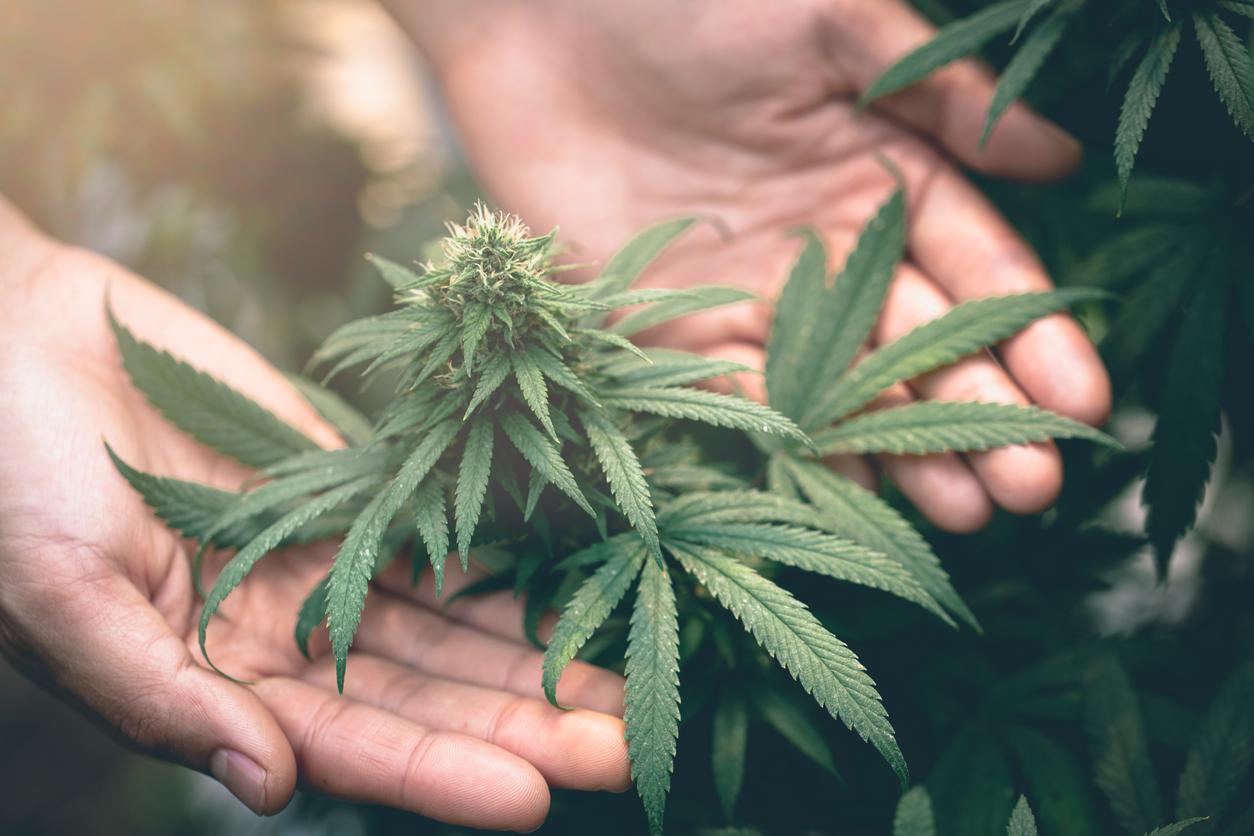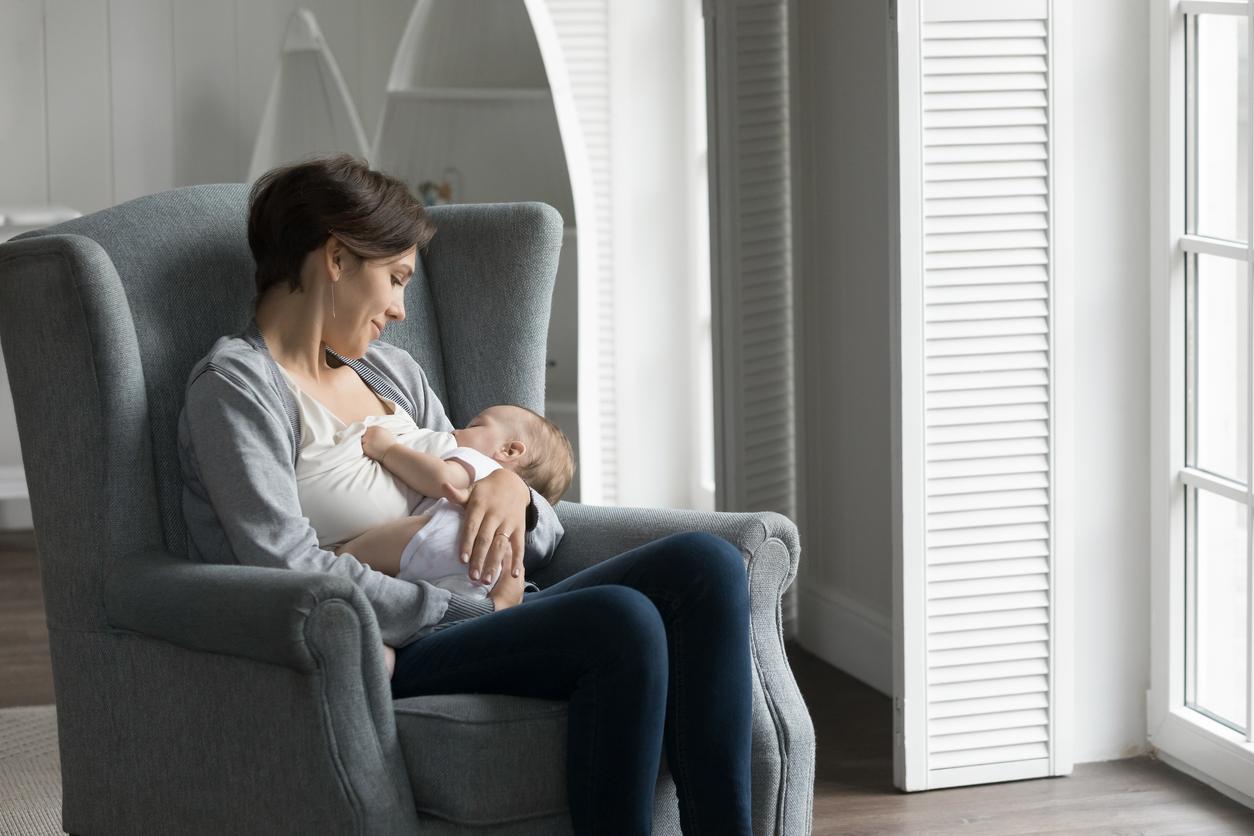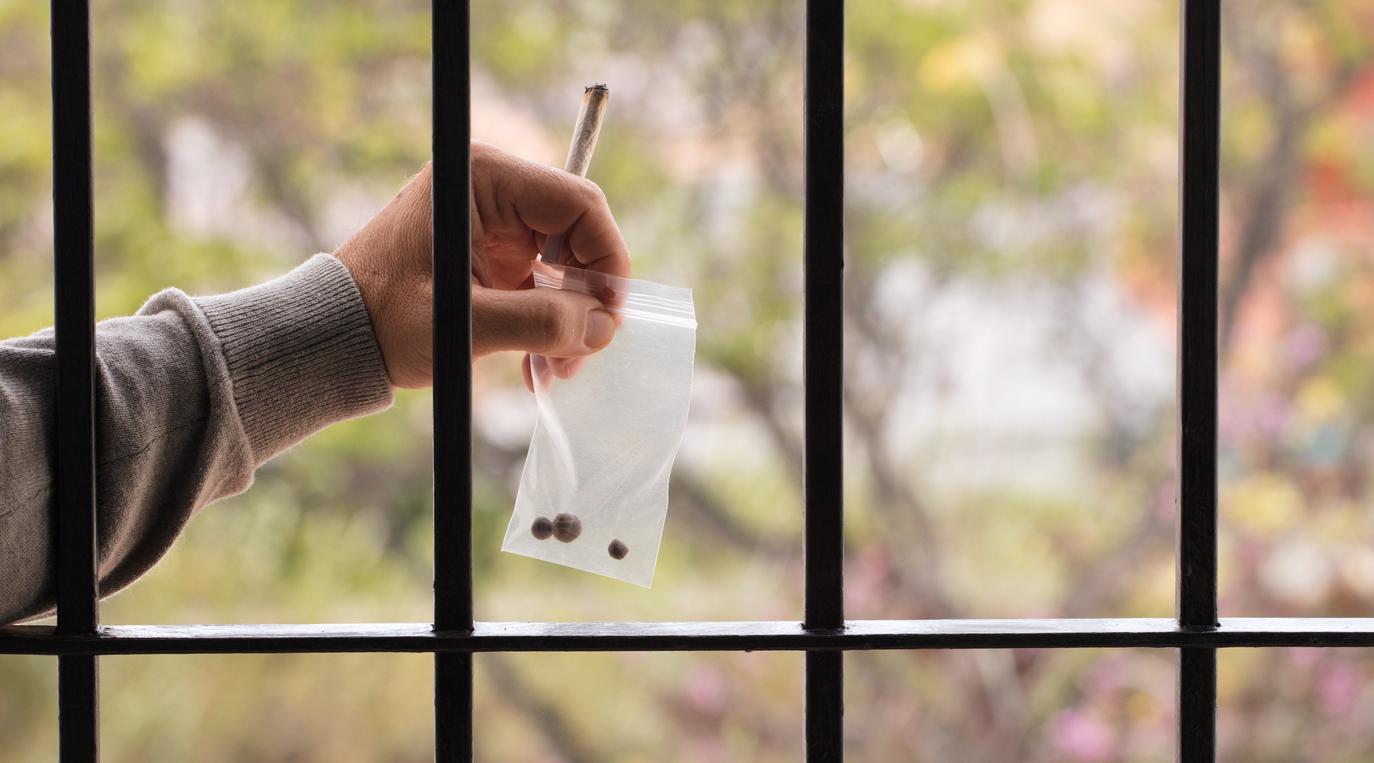The Minister of Health Olivier Véran had given the green light, last August, to the experiment relating to medical cannabis with the inclusion of a first patient at the CHU of Clermont-Ferrand . A few months later, 1000 patients were included and a thousand caregivers are mobilized to follow this experiment.
“This mobilization demonstrates the interest of patients and healthcare professionals in this new drug, in particular for patients experiencing treatment failure. The inclusion of 1,000 patients is a first course, other stages await us before reaching the final objective of generalization. ANSM teams are committed to this path” said clear Christelle Ratignier-Carbonneil, Director General of ANSM.
779 patients currently being followed
Among the 5 indications retained within the framework of the experiment, the most represented among the patients included are refractory neuropathic pain, painful spasticity of multiple sclerosis and certain forms of drug-resistant epilepsy. Of the 1,000 patients included, 779 are currently being followed, some having left the experiment mainly due to adverse effects or ineffectiveness. “Defining the most effective and best tolerated dose possible by patients is one of the clinical challenges of this experiment” explains explains Nicolas Authier, chairman of the ANSM’s temporary scientific monitoring committee for the experiment.
A total of 3,000 patients will thus be monitored in 215 voluntary structures selected by the National Agency for the Safety of Medicines and Health Products (ANSM). “It’s the role of medicine to fight disease and relieve pain. As a doctor, as a minister, I am proud that France can experience the use of cannabis for medical purposes, and thus better support thousands of patients who face serious pathologies” declared the Minister of Health Olivier Và ©ran, who came to give the green light to this experimentation.
A Decree that was long in coming
“The main objective of this experiment will be to evaluate, in real situations, the circuit of prescription and delivery of cannabis as well as the adherence of health professionals and patients. secondary objective will be to collect initial French data on efficacy and safety” underlined the ANSM in 2019. But the decree authorizing this experiment was long overdue and in September 2020 , angry health professionals challenged the public authorities on their real desire to carry it out.
Finally, the long-awaited Decree authorizing 3,000 patients to test for 24 months the effects of cannabis for therapeutic purposes on neuropathic pain, the side effects of chemotherapy or on certain disabling diseases had been published in the Official Journal on October 18, 2020.
What are the diseases chosen for the experiment?
The patients chosen to take part in this experiment all have:
- Neuropathic pain refractory to accessible therapies (medicated or not)
- Certain forms of severe and drug-resistant epilepsy
- Some stubborn symptoms in oncology related to cancer or its treatments
- Palliative situations
- Painful spasticity in multiple sclerosis or other pathologies of the central nervous system.
What path do patients follow?
Once included, patients will be monitored throughout the experiment by health professionals, prescribing physicians and pharmacists dispensing medicinal cannabis-based drugs, previously trained .
long consultations, called “complex”, during the 1st, 3rd, 6th, 12th and 18th months of the experiment are carried out within the reference structures.
Classic consultationssay “simple”, follow-up, in particular for the prescription of drugs every 28 days by secure prescription, can be provided by the patients’ general practitioners.
What products are used?
Considering the health risks, the ANSM has formally excluded the smoked route of administration for medical cannabis. The forms of drugs made available within the framework of the experiment are:
- Cannabis flowering tops to be vaporized for inhalation (using a dedicated vaporizer);
- Orally administered oils.
Who can prescribe the products?
The initial prescription is reserved for specialists (neurologists, oncologists, etc.), in the hospital. Renewal can be done by the attending physician.
Researchers should first obtain supplies from abroad because French legislation currently prohibits the cultivation of cannabis plants containing levels greater than 0.2% of THC (the active substance of the plant).
The experiment will be carried out in 200 hospitals in France and the reference centers for the pathologies concerned. A report to Parliament will be submitted 6 months before the end of the experiment in order to determine whether a generalization of the use of medical cannabis is possible and if so, in which conditions.
Cannabis for medical use is already authorized in about thirty countries in the world and in 21 other European countries (out of 27).
Read also :
- Parkinson’s disease: therapeutic cannabis soon to be tested in Marseille
- Therapeutic cannabis: half of consumers prefer it to drugs
- A marijuana pill for pain relief











